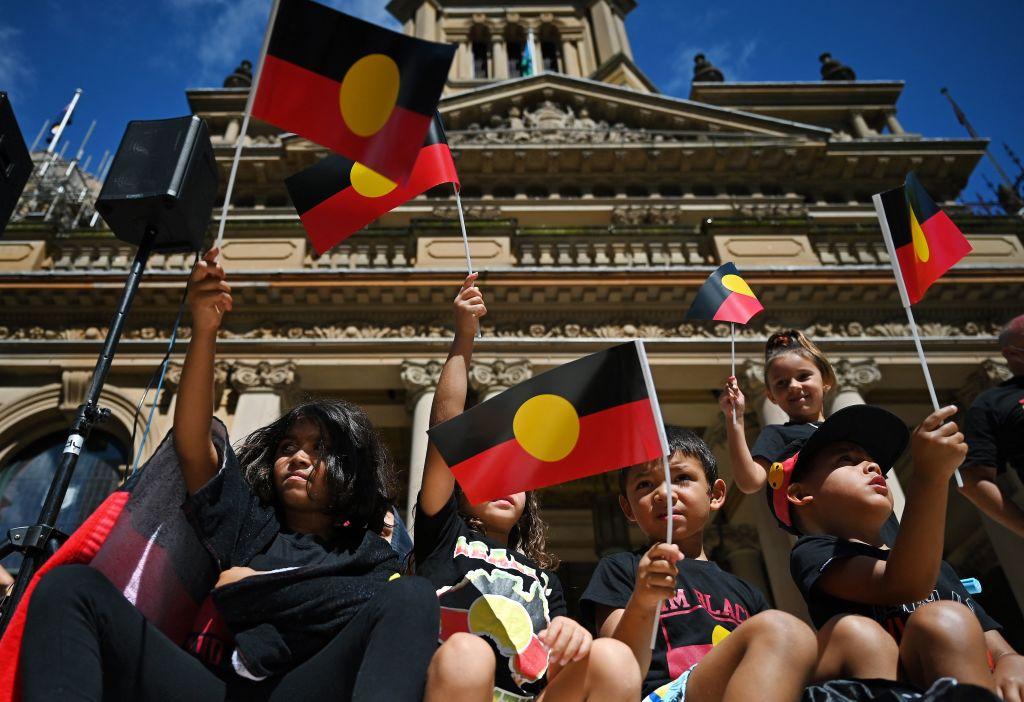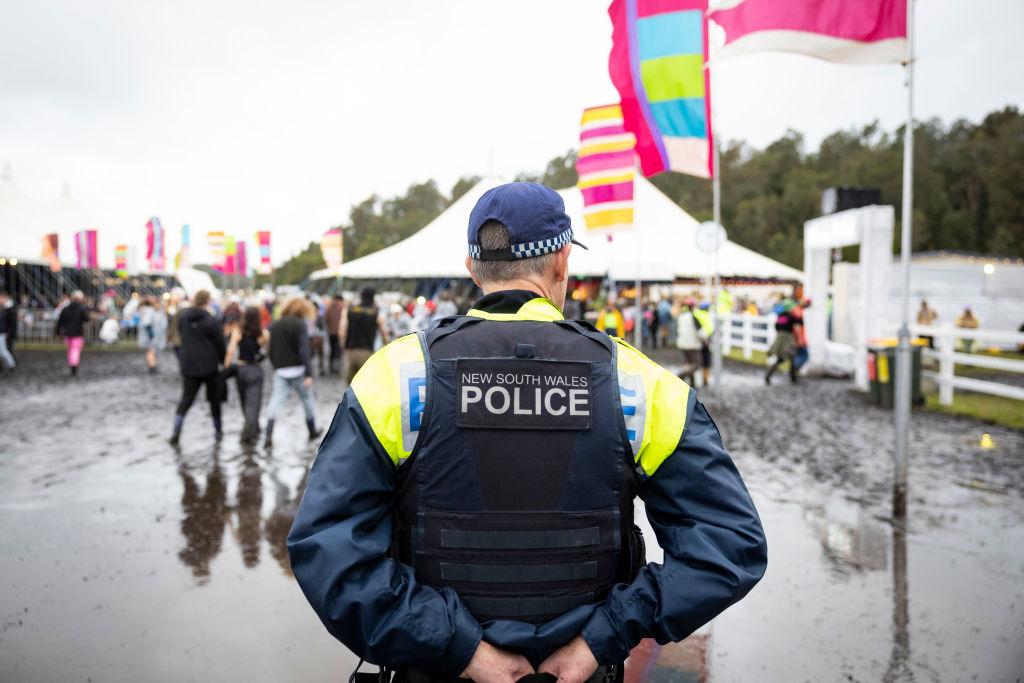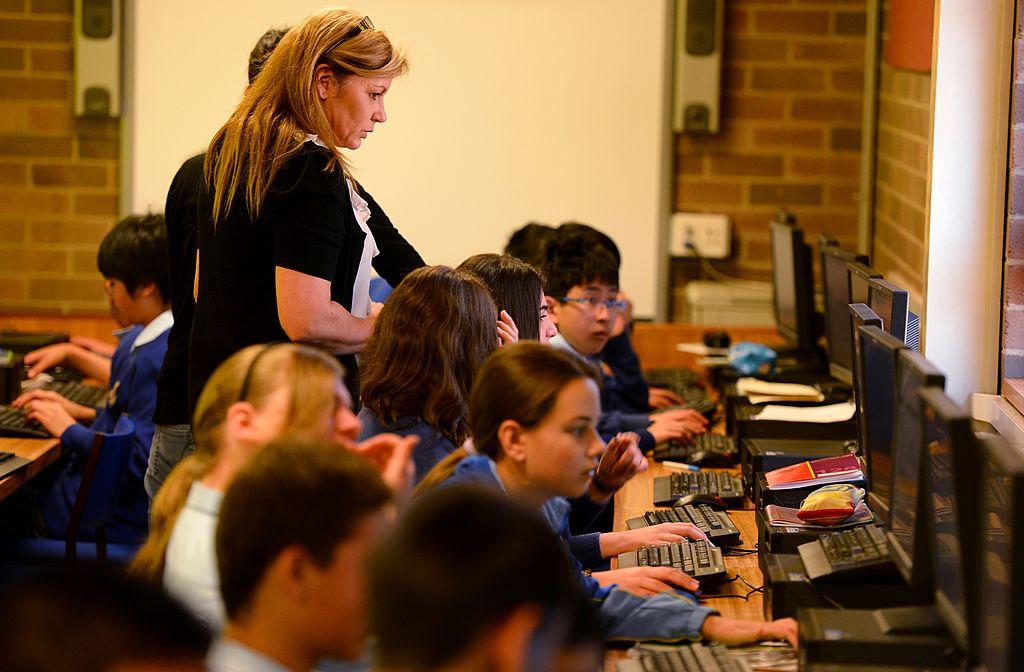The Victorian Labor government should urgently legislate on raising the minimum age of criminal responsibility to 14 years without exception, according to new recommendations.
Yoorrook Justice Commission’s year-long inquiry into the Australian state’s child protection and criminal justice systems found issues such as overt structural racism.





